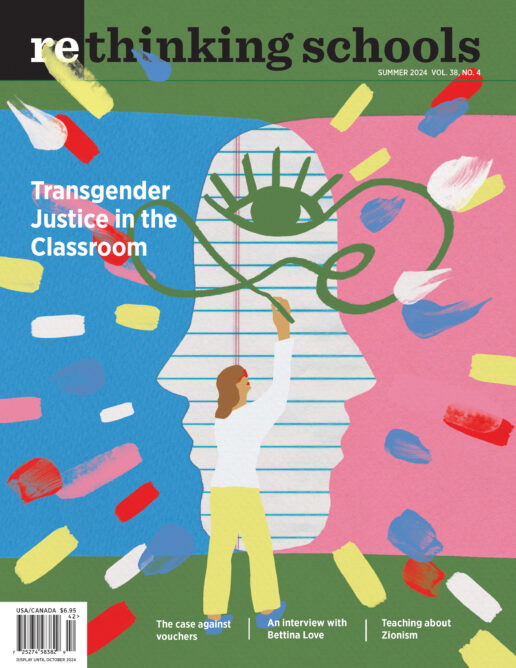Our picks for books, videos, websites, and other social justice resources 38.4

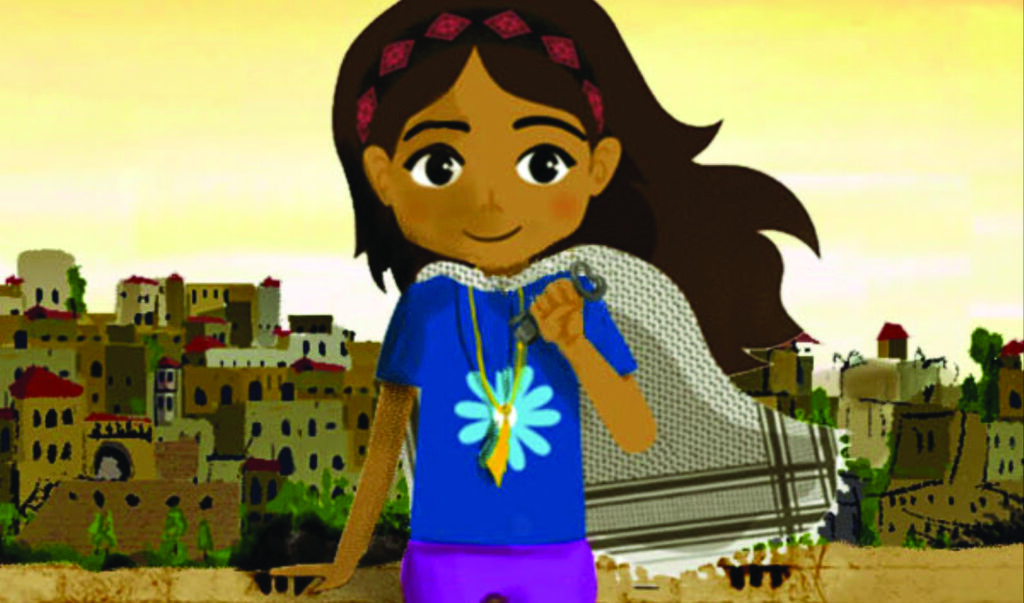
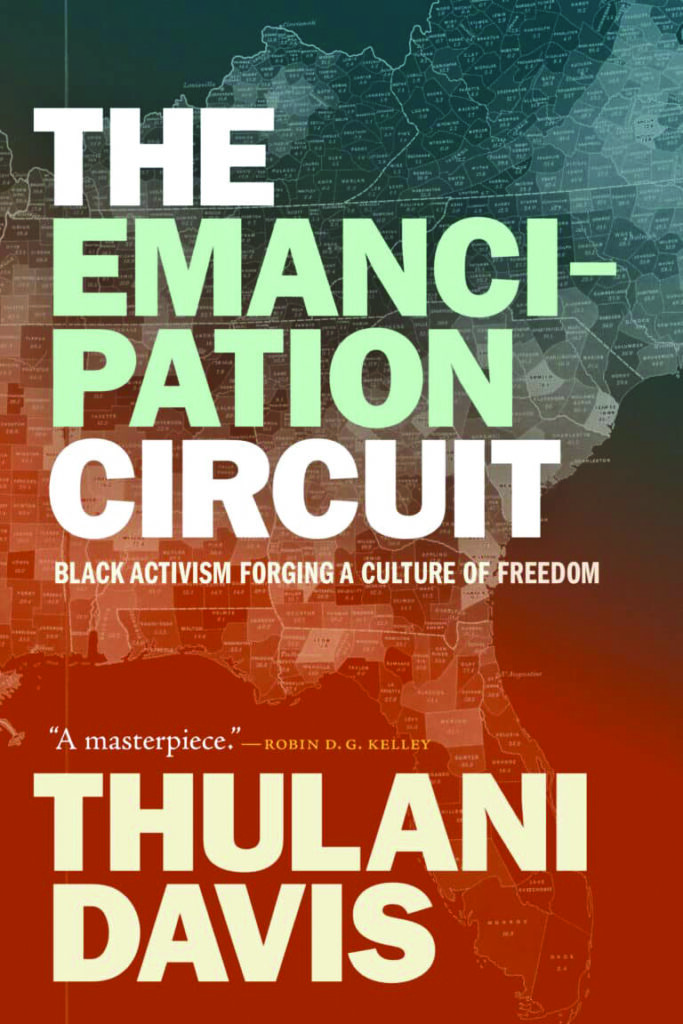
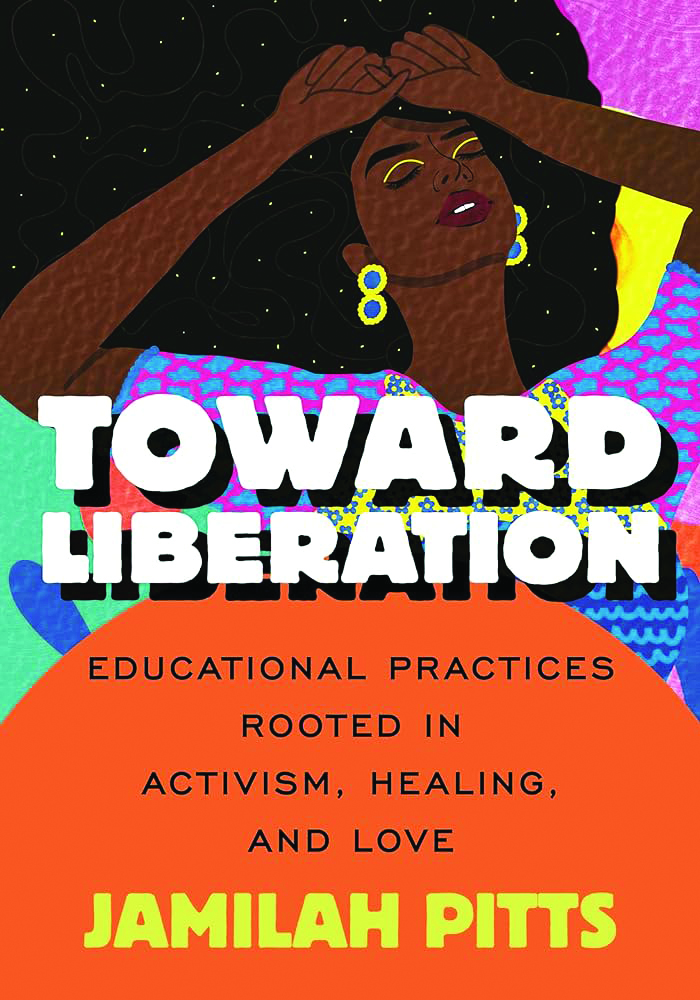
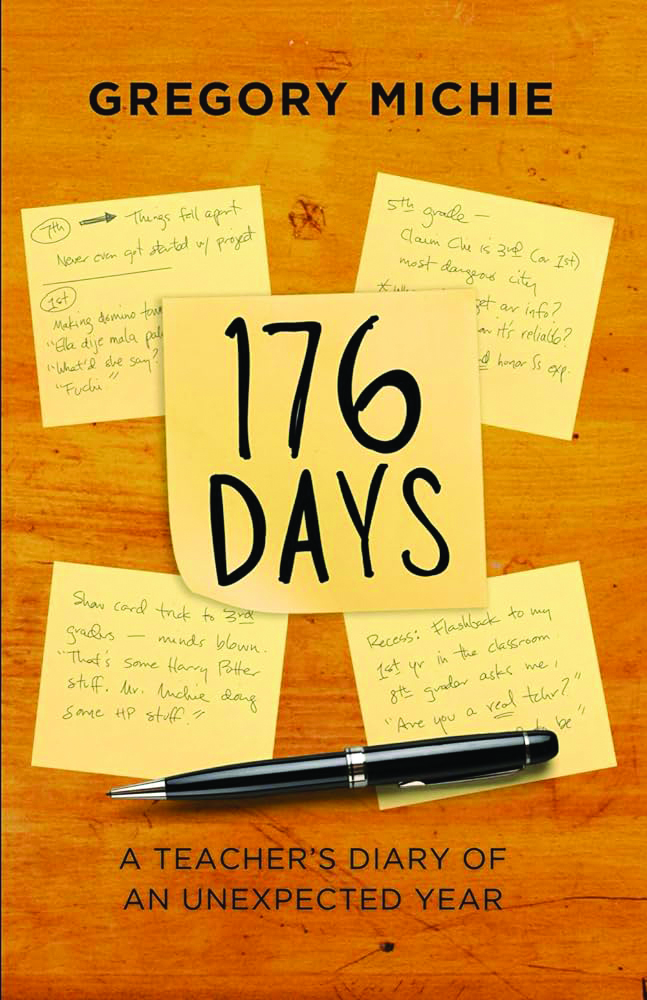

Curriculum

History Smashers: Christopher Columbus and the Taíno People
By Kate Messner and José Barreiro
Illustrated by Falynn Koch
(Random House, 2023)
188 pp.
Here is a short, fast-paced, irreverent book for young readers that shreds many of the hoary Columbus Discovered America myths. Scholar and co-author José Barreiro has been at this work a long time, having written “Taínos: Men of the Good,” included in our book Rethinking Columbus. This History Smashers volume walks a fine line between humor and horror. It pokes fun at Columbus’ self-importance and the ludicrous ways that popes and emperors justified slavery and imperialism. But the book also alerts readers to some of the tragic human consequences of Columbus’ invasion — what he and fellow colonialists did to the Taíno people. Unusual for a biography, the History Smashers book also explores some of the Columbian historiography — looking at who in different generations pushed Columbus as a hero, but also who began to pull him from his pedestal. Along these lines, see the best film we know on the meaning of “Columbus”: Columbus in America — posted for free at the Zinn Education Project.
Video

I Am from Palestine
Written by Rifk Ebeid
Directed by Iman Zawahry
Animated by Lama Jawhari
(Rifk Books, 2023)
5 min. 34 sec.
It is young Saamidah’s first day at school. The teacher’s opening assignment — “to celebrate diversity” — asks students to go up to the classroom’s world map and put “a mark where your family came from.” No doubt, it is a problematic assignment for a bunch of reasons, but for Saamidah, it is an impossible assignment. Saamidah’s family is from Palestine, and as on so many world maps, Palestine is missing. Jennifer has no problem putting a pin in the United Kingdom. Lily’s pin goes in Germany. Saamidah searches for Palestine on the classroom map. There is Israel. There is Jordan. But as the teacher says with a frown, “There is no Palestine on the map. I’ll mark Israel for you.” At home Saamidah asks her father, “Baba, where am I from?” Through story and song, Saamidah joyfully travels to Palestine in her imagination, and then returns to school, map in hand, to educate her class — and her teacher. The short, delightful I Am from Palestine could be used at different grade levels, in different ways. (Thanks to Portland, Oregon-area teacher Alicen Gaitanis for alerting us to this resource.)
History/Politics

The Emancipation Circuit: Black Activism Forging a Culture of Freedom
By Thulani Davis
(Duke University Press, 2022)
464 pp.
When Union Lt. Hannibal A. Johnson and three fellow officers made a daring escape from a Confederate prison camp in South Carolina at the end of November 1864, their successful journey back to Union Army lines in Tennessee, some 500 miles away, would have been impossible without the aid of dozens of Black guides. After the second night on foot, they knocked at a plantation cabin to ask for food and from there they were fed, sheltered, guided, and handed off “from one plantation and guide to another for several weeks, with each guide taking them anywhere from eight to 25 miles, leaving them with a new guide and returning the same distance home.” At every step of their journey enslaved people organized — sending a runner to alert people they were coming, which would spark the production of four additional meals, sleeping arrangements, and a search for a new guide. This is one example of an emancipation circuit — a network built through resistance to slavery that grew and changed during the Civil War and laid the groundwork for the Republican and Union League activists and organizers, many of whom were formerly enslaved themselves, who would build Black power in the South during Reconstruction. Thulani Davis’ The Emancipation Circuit is a groundbreaking attempt to map the geography of Black organizing in the South and uncover many stories of organizers, whom she calls “circuit riders.” It’s an essential read to uncover — and to teach — a people’s history of Reconstruction.
School Life

Toward Liberation: Educational Practices Rooted in Activism, Healing, and Love
By Jamilah Pitts
(Beacon Press, 2023)
118 pp.
Toward Liberation is a love letter to Black students and educators. In it, Pitts offers real-life stories from her classroom to illustrate her points about the importance of teacher activism, healing and care, and truth telling in and beyond educational spaces. Each chapter includes unit planning ideas, self-reflection questions for educators, and concrete tools for educators to think about who they are as activists, how they care for themselves and their students, and ways to build and sustain loving classroom communities. Teachers may find the activities and reflection prompts useful, insightful, and practical in the work to foster transformative and liberatory learning spaces.

176 Days: A Teacher’s Diary of an Unexpected Year
By Gregory Michie
(2024, Ánimo! Press)
183 pp.
Twenty-five years ago, teacher Greg Michie wrote the magnificent book Holler If You Hear Me — later turned into a graphic novel — about his work with Chicago students. As we wrote in our 2020 review of the illustrated edition, the book “does not magnify Michie’s teaching accomplishments nor does it romanticize his students. Yet Holler reveals deep respect for students’ lives and the dilemmas they confront in Chicago’s Back of the Yards neighborhood.” Michie is back with a new book about teaching — but with a twist. At the end of the 2021–22 school year, Michie learned that the following year, for the first time, he would teach all the school’s 425 students: from 20 classrooms, nine grade levels, K–12. The subject: media literacy. Michie’s new book is an account of his challenging year, told day by day. Begun as a reflection of his first day in his new job, Michie hatched the idea of a “daily, on-the-ground snapshot of one classroom for an entire school year.” What follows is smart, warm, playful, funny, poignant — and loving. Although the book is not really about teaching any one subject, it features countless cool teaching ideas and insights, and moreover, demonstrates how a teacher goes about building authentic relationships with students.
Podcast

Intercepted
Hosted by Murtaza Hussain and Jeremy Scahill
The Intercept
New episodes every Wednesday
In the podcast Intercepted, Murtaza Hussain and Jeremy Scahill offer incisive commentary about the state of the world — especially about the brutal assault on Gaza and the struggle for Palestinian justice. This is likely not a podcast to share with K–12 students, but through analysis and interviews, Intercepted offers essential background to those of us seeking to help our students make sense of the crises roiling the Middle East, and elsewhere. Recent episodes have focused on analyzing the “tornado of instability and danger” wrought by “Biden’s indifference to Palestinian lives”; Dr. Mohammad Subeh’s searing accounts of spending five weeks on a medical mission in Rafah; similarly moving stories from the Toronto surgeon Dr. Yasser Khan on his time serving in Khan Younis; and scholar Rashid Khalidi, who offers a Palestine 101 history lesson on “Israel’s long reign of violence.”

